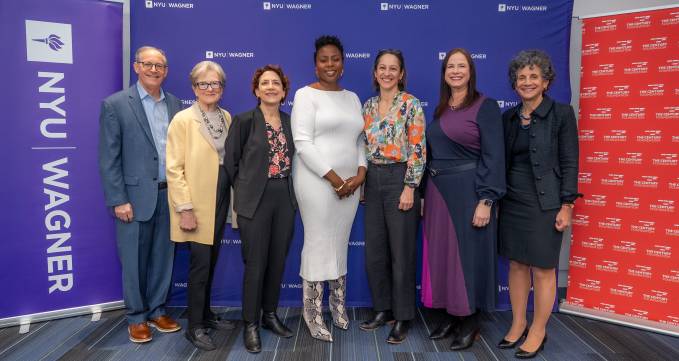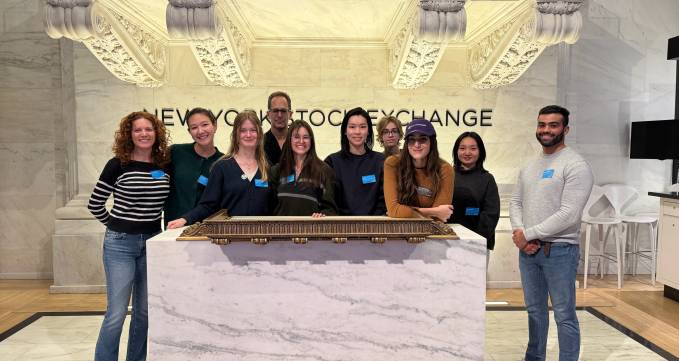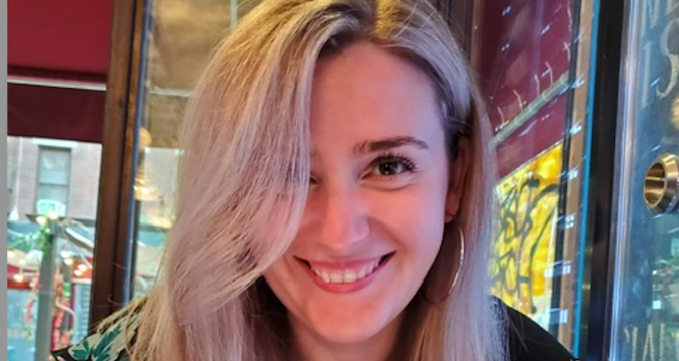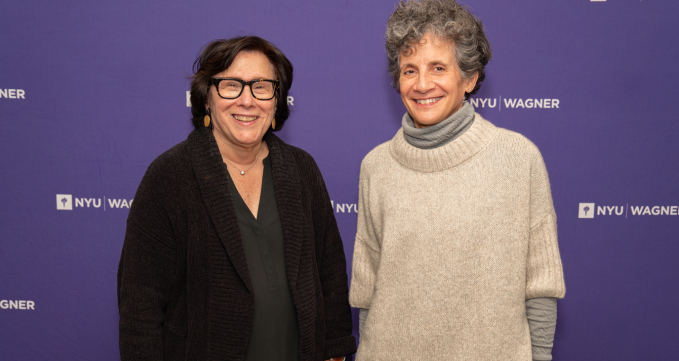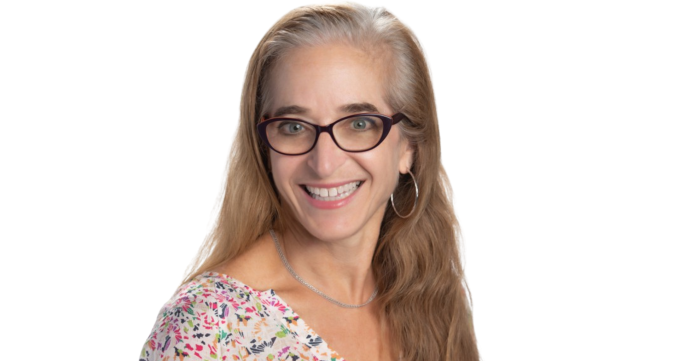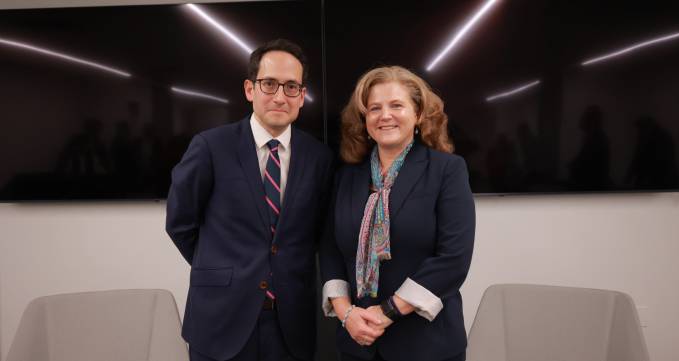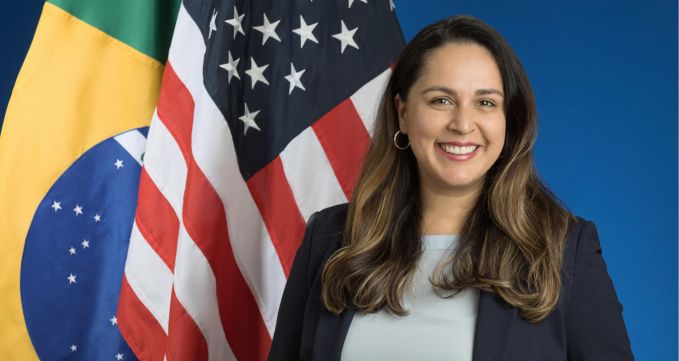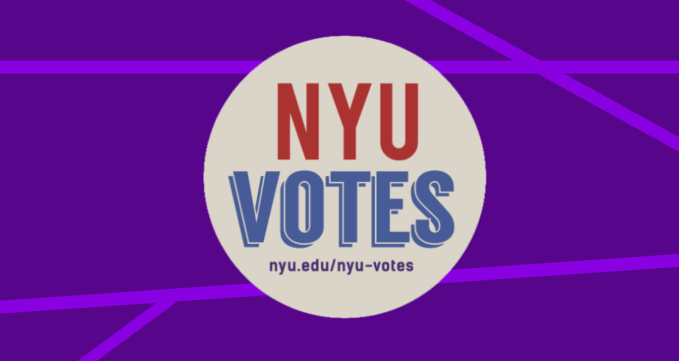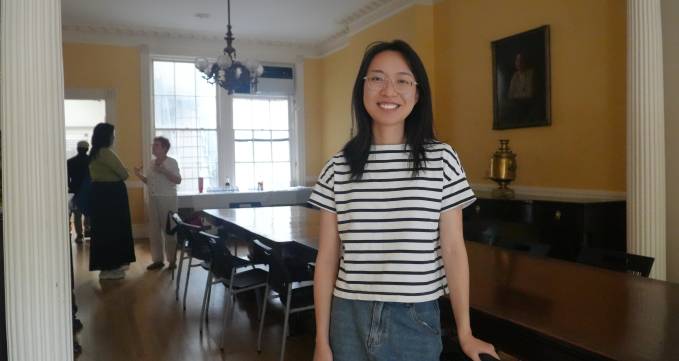Welcome Reception: Distinguished Visiting Urbanist Iris Weinshall
On January 23, 2025, NYU Wagner welcomed its 2024–25 Distinguished Visiting Urbanist Iris Weinshall with a reception in the Faculty Seminar Room. Weinshall, a Wagner graduate herself, is the chief operating officer of the New York Public Library and has previously served as the vice chancellor of the City University of New York (CUNY) and commissioner of the New York Department of Transportation.

